Please Stop Using ‘Neanderthal’ As An Insult, Say Neanderthal Experts
How a whole prehistoric subspecies came to stand in for an extremely modern type of backwardness.
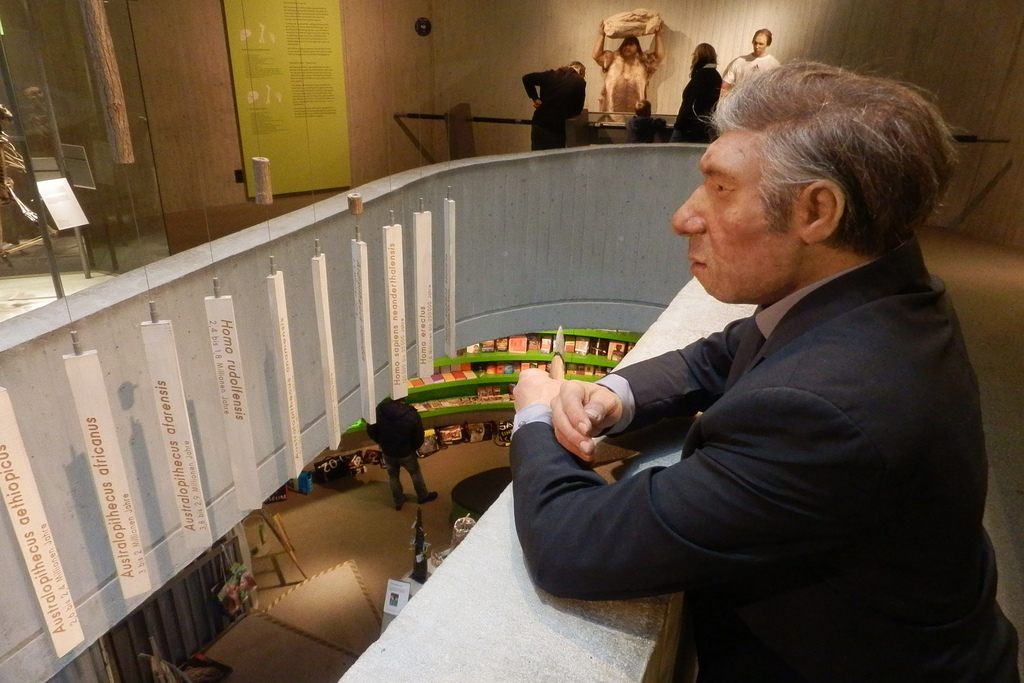
A respectable Neanderthal looks out over the crowd at the Neandertal-Menschen in Germany. (Photo: suchosch/CC BY-SA 2.0)
Like many scientists, Evelyn Jagoda, a PhD student in Harvard’s Human Evolutionary Biology Department, has a Google alert for her chief research interest. Unlike many scientists, every time she checks it, she braces for a barrage of insults.
That’s because Jagoda studies Neanderthals—those evolutionarily close, culturally estranged cousins whose species designation English-speakers have co-opted as a slur. “Half the time it’s science news articles about cool new Neanderthal studies,” Jagoda says. “The other half, it’s things like ‘These politicians are Neanderthals on this issue!’ or ‘This man is acting like a Neanderthal in his opinion on this!’”
Scientifically speaking, a Neanderthal is a species or subspecies of human that went extinct about 40,000 years ago, after spending much of the Pleistocene hunting and gathering around Eurasia. Colloquially speaking, though, a Neanderthal is—as the Oxford English Dictionary puts it—“a primitive, uncivilized, or loutish person,” “politically or socially reactionary,” or “a male chauvinist.” In the past few days alone, journalists looking for a good jab have used the term to describe everything from Donald Trump to soccer fans to an outdated car engine.
 An early drawing of a Neanderthal, stooped and hairy. (Image: Wellcome Trust/CC BY 4.0)
An early drawing of a Neanderthal, stooped and hairy. (Image: Wellcome Trust/CC BY 4.0)
“It irritates me a bit,” Jagoda says. “To use the word to mean ‘brutish and stupid’ is really kind of baseless.” As we learn more about Neanderthals, the opposite picture emerges—recent studies indicate they likely used materials from their environment to start fires faster, hunted large animals, and cave-painted with the best of them, all signs of cognitive complexity. Besides, we mated with them for tens of thousands of years. Neanderthal contributions to the human genome have been “really useful,” especially immunologically, says Jagoda, who studies this particular genetic legacy.
After years of exposure to these same prejudices, other Neanderthal researchers have developed some emotional immunity. “I know it is incorrect, but I am not surprised,” writes Dr. Paola Villa in an email. Villa, an archaeologist at the University of Colorado, recently published a paper arguing against the “modern human superiority complex” as an explanation for Neanderthal extinction. She traces the species’ bad rap back to the 19th century, when Europeans first started coming across their skulls in valleys and limestone quarries. “This was a time when many people, including physicians, thought that the shape of skull revealed the mental and moral characteristic of the person,” she writes. Neanderthal skulls, with their craggy brows and big teeth, were a phrenological nightmare, and “it became common to believe that [their owners] were primitive and brutish.”
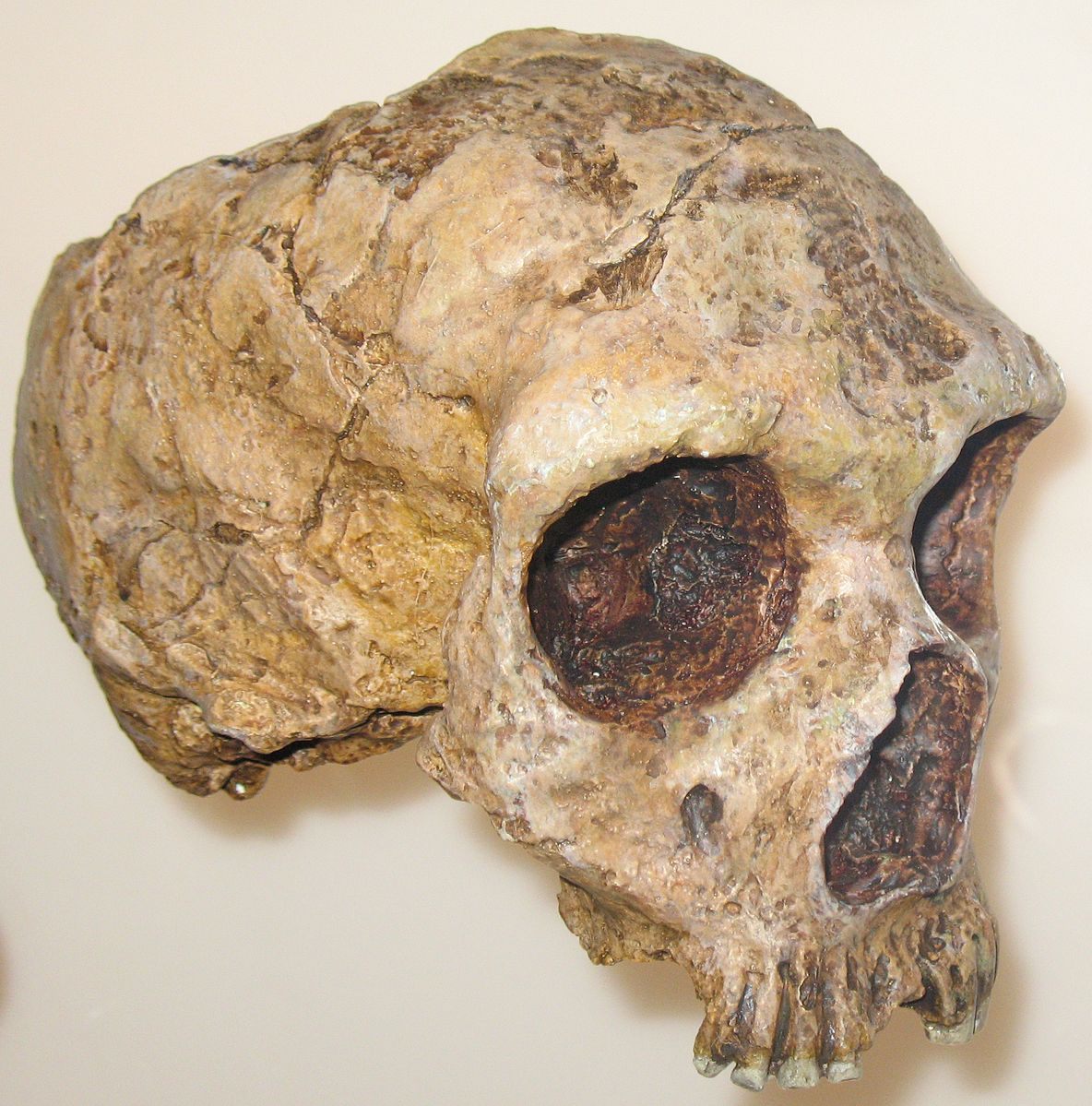
A Neanderthal skull, currently housed at the American Museum of Natural History. (Photo: Angoria/CC BY 3.0)
These assumptions crept into the hominids’ public image. Early illustrators drew Neanderthals as slump-shouldered, hair-covered beasts, much more like apes than men—“a clear visualization of the view that these were evolutionary dead ends,” writes Dr. Wil Roebroeks, a palaeolithic archaeologist at Leiden University and coauthor of the superiority complex paper, in an email. Contemporary reconstructions, based on newer science, show something much more familiar. “If you saw a Neanderthal dressed in a suit on a train,” Jagoda says, “you would just think it was a slightly ugly guy.”
If the Neanderthal’s lousy rep comes from old misconceptions, Jagoda pins its persistence on these new discoveries. “I think something makes us deeply uncomfortable about how similar they are to us,” she says, “and maybe our reaction is to denigrate them and use it kind of as a funny term.” Since this similarity is genetic, such callouts are even technically fair: “if the target of the ‘insult’ does not have a direct ancestry in sub-Saharan Africa,” Roebroeks points out, “calling somebody a Neanderthal is biologically correct.” 
A more modern Neanderthal reconstruction, from the Smithsonian Museum of Natural History. (Photo: Tim Evanson/CC BY-SA 2.0)
In spirit, though, these experts agree it’s not as fitting–especially since, despite their many abilities, Neanderthals were literally unable to do the things they’re consistently associated with, like opposing gay marriage and denigrating female athletes. “The American vocabulary is rich and varied,” Villa writes. “If you want to offend somebody… there is no need to fall back on Neanderthals.”
Naturecultures is a weekly column that explores the changing relationships between humanity and wilder things. Have something you want covered (or uncovered)? Send tips to [email protected].
Update, 3/9: The original version of this article called Neanderthals a subspecies of human. There is some debate over whether they are a subspecies or a species, and the article has been updated to reflect that. Thanks to Monica Green for the correction, and we regret the error.


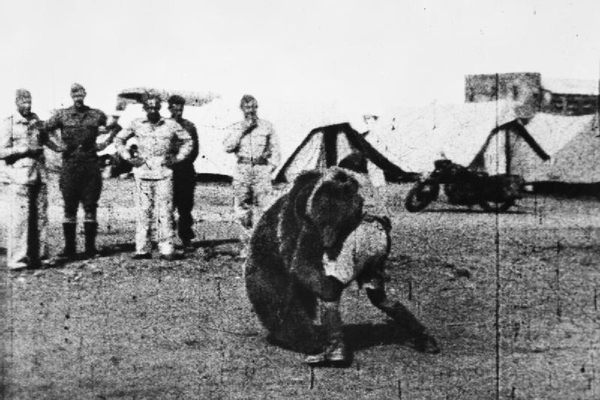
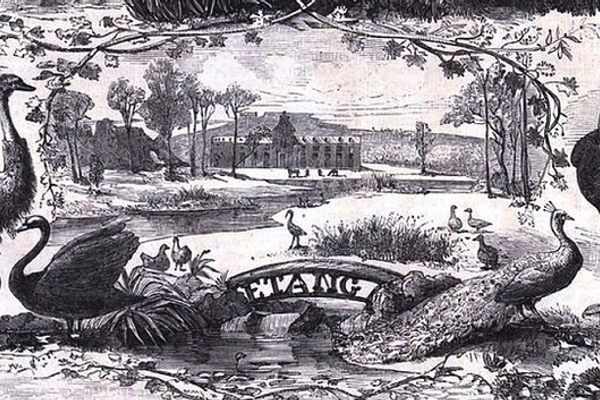
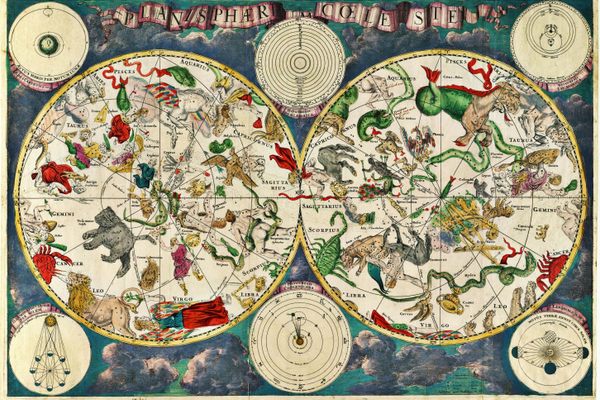



Follow us on Twitter to get the latest on the world's hidden wonders.
Like us on Facebook to get the latest on the world's hidden wonders.
Follow us on Twitter Like us on Facebook